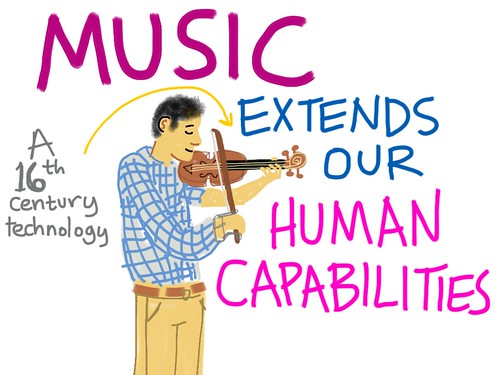Seven Guilt Free Addiction Treatment Thailand Tips
페이지 정보
작성자 Emanuel 작성일23-12-14 19:49 조회9회 댓글0건관련링크
본문
 Introduction:
Introduction:Medicine addiction is a complex and serious issue that impacts people, people, and communities global. It is a chronic, relapsing brain condition described as compulsive medicine seeking and make use of despite harmful effects. This report aims to offer a brief history of medicine addiction, its reasons, effects, and potential solutions.
Reasons for Drug Addiction:
There are many different factors that contribute to medication addiction. The initiation and strength of medicine usage are affected by genetic, environmental, and emotional facets. Some individuals might have an increased vulnerability to be addicted due to hereditary predispositions. Ecological aspects, eg peer stress or contact with drug supply, may play a substantial role. Furthermore, mental health conditions, youth traumatization, and stress increases the chances of developing an addiction.
Consequences of Drug Addiction:
Medicine addiction features damaging consequences not just for the people struggling with it but also for their own families and communities. It results in actual and emotional harm, including organ damage, weakened cognitive purpose, and increased chance of mental health disorders. Long-lasting substance abuse can severely influence an individual's personal interactions, occupations, and overall standard of living. In addition, drug rehab chiang mai addiction puts a substantial burden on health care methods and plays a role in unlawful activities and personal uncertainty.
Global Influence:
Medicine addiction is an international crisis impacting nations across the globe. In accordance with the un Office on Drugs and Crime (UNODC), around 269 million people global utilized drugs one or more times in 2018. Furthermore, approximately 35 million men and women have problems with medicine usage conditions, with opioid addiction becoming a substantial issue. The economic prices of medicine addiction tend to be staggering, including medical expenses, lost efficiency, and criminal justice expenses.
Prevention and Treatment:
Avoidance techniques are necessary to tackling medication addiction. Education and understanding programs that stress the dangers of medication usage often helps deter individuals, specially young people, from tinkering with drugs. In addition, guidelines that restrict medication availability and control prescription techniques can play an important part in preventing substance abuse.
In terms of therapy, a comprehensive strategy which includes health, psychological, and social treatments is important. Detoxification, counseling, and behavioral therapies are commonly utilized treatment methods. Medication-assisted treatment (MAT) can certainly be effective, particularly for opioid addiction. However, access to these treatments remains restricted in a lot of areas, making it required to address obstacles to process accessibility and cost.
Conclusion:
Drug addiction is a complex societal issue that poses considerable difficulties internationally. Its causes are multifaceted, including hereditary, environmental, and mental aspects. The results of addiction tend to be detrimental to individuals, households, and communities, affecting actual and mental health, relationships, and socio-economic stability. Protection attempts, plus extensive treatment techniques, tend to be important for dealing with this crisis efficiently. To fight drug addiction, a collaborative effort between governments, health care providers, communities, and folks is required to raise awareness, offer assistance, and improve use of treatment sources. Only through concerted attempts can we hope to alleviate the burden of medication addiction and pave just how for a more healthful and brighter future.
댓글목록
등록된 댓글이 없습니다.




